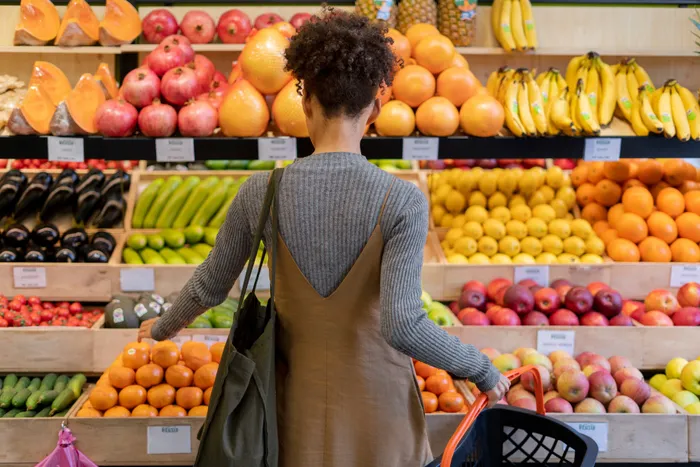Consumer food price inflation raises alarms for South Africa's vulnerable households
INFLATION

Agricultural Business Chamber of South Africa raises concern about the impact on food price following yesterday’s announcement that consumer food price inflation increased to 3,3% in April, from 2,2%.
Image: Independent Newspapers
The Agricultural Business Chamber of South Africa (Agbiz) has raised concern about the impact on food price following yesterday’s announcement that consumer food price inflation increased to 3.3% in April from 2.2% in March.
Wandile Sihlobo, chief economist at Agbiz, said this reflected the pass-through of the higher agricultural commodity prices observed at the end of last year and into the start of 2025, particularly with grains.
Sihlobo added that in the case of meat, price increases were expected as a response to the slight recovery in consumer demand, which have been highlighting in recent months.
“In the case of vegetables, we see the increases as a reflection of disruptions in field work caused by the excessive rains in recent weeks, which should be a temporary blip,” he said.
Sihlobo said that they suspected that the current mild quickening of food price inflation will prevail for much of the year's second and third quarters as the increases in the farm level of some of the key products, such as grains, continued to pass through to the retail level.
He added that the price direction may soon change because of the potential increase in domestic supplies.
“There is an outbreak of foot and mouth disease, resulting in a temporary closure of some key export markets and a likely rise in domestic red meat supplies. The counter factor to this possible moderating trend could be poultry prices,” he said.
“South Africa imports roughly 20% of its annual poultry consumption, and over two-thirds of imports from Brazil. There is now an outbreak of avian flu in Brazil, which could limit their poultry exports. Under such a scenario, the key determinant will be whether South Africa can boost domestic supplies or source additional imports from other regions.”
Evashnee Naidu, regional manager for Black Sash in KwaZulu-Natal, said it was disconcerting to note that food inflation continued to spike.
“Whilst the Minister of Finance has confirmed that the social grants increases for 2025 will remain and continue, the ongoing increase in food inflation depreciates the actual value of the grant,” Naidu said.
“Social grant beneficiaries, as well as low-income households, are severely impacted by the increase in food prices and are forced to purchase food with little to no nutritional value, which could lead to health challenges and poor learning for children and places families at risk from health issues, functionality at schools and even loss of income for being ill.”
Mervyn Abrahams, programme co-ordinator at Pietermaritzburg Economic Justice and Dignity Group (PMBEJD), said that the middle class constituted a sizable fraction of the country’s population and tax base.
“The fact is for every price increase and a limited income, the consumer has to make tough choices on the items to buy. As the Finance Minister pointed out yesterday, for a significant number of workers, a sizable portion of their income goes to transport, leaving a limited income for food,” he said.
Abrahams said the concern was that the inflation was likely to continue increasing, forcing an already financially battling consumer to make tough choices when buying food owing to affordability.
“Compromising on food is not one of the choices that people should be making, but unfortunately is a lived reality at the moment in the country, and the biggest fear is that if the middle class is battling, those in the low-income category are probably facing more difficulty and are likely to struggle even more in the coming months.”
Visit:www.businessreport.co.za